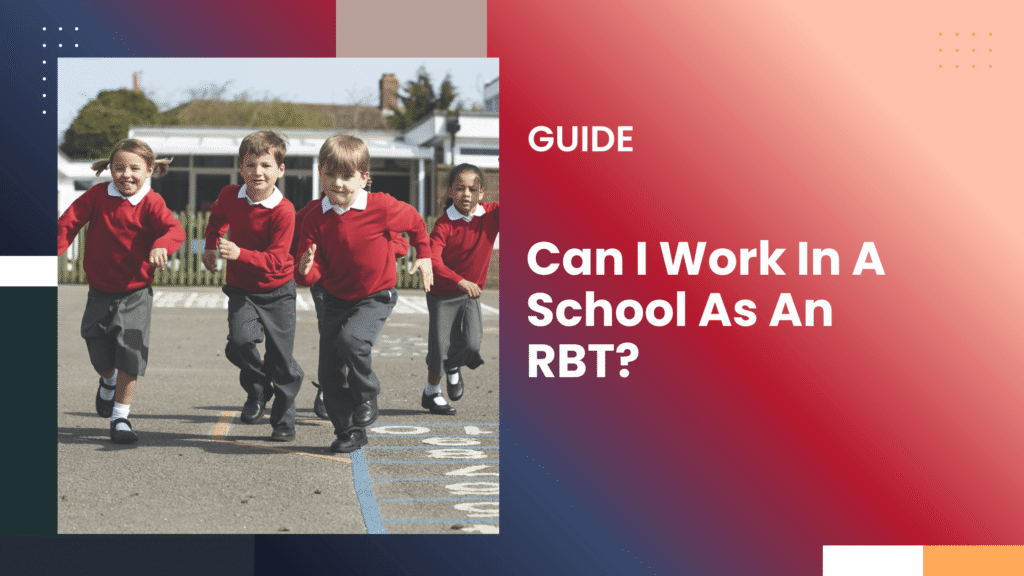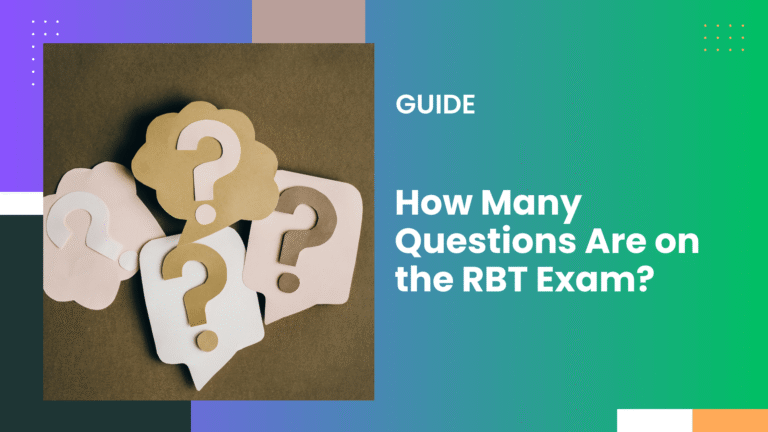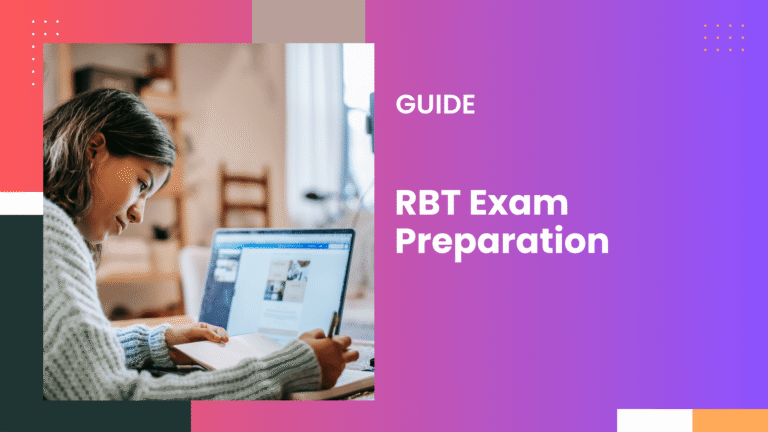Can I Work In A School As An RBT | Yes, Here’s How

Yes, you can work as an RBT in a school. Earn your RBT certification, apply for positions in special education or behavioral support roles in school, and collaborate with BCBAs to implement behavior plans and collect data. Supervision by a BCBA is required.
Some schools might hire RBTs directly, while others work with ABA agencies that place RBTs inside classrooms. And sometimes, the role might be there, but under a different title, like Behavior Technician or Paraprofessional.
So, don’t expect a one-size-fits-all answer. It comes down to your state and school district.
What Do RBTs Actually Do in Schools?
Let’s assume that you got a job as an RBT in a school. Congratulations, now your main job is still the same: support learners using ABA strategies.
But in schools, that usually looks like:
- Helping one or more students with autism or behavioral needs
- Running behavior intervention plans (BIPs) created by a BCBA
- Taking data on behavior, engagement, and progress
- Coaching teachers or aides when they’re open to it
- Collaborating with the IEP team to make sure your client is getting the right support
That means you’re still under supervision and you’re still working from a plan.
Where Do These Jobs Come From?
If you are looking for a job, most of the school-based RBT roles happen in two ways:
1. Through an ABA Agency
A lot of schools contract with agencies, and you stay employed by the agency, but your day is spent inside the school.
Which means you usually set up:
- Slightly better pay
- More flexible scheduling
- You’re still held to ABA standards and get supervision from a BCBA
- Summers might be optional (or unpaid)
2. Hired Directly by the School
You will find this option rarer as it happens less often, but it does still exist.
You might be listed as a:
- Behavior Support Specialist
- 1:1 Aide
- Paraprofessional with RBT certification
These jobs come with district perks, benefits, sick leave, paid holidays, but usually lower pay.
Also, you will not find all schools offering consistent BCBA supervision, so that’s something to ask before accepting.
What to Expect on the Job as a School RBT?
A typical school day for an RBT could include:
- Supporting a child during circle time or class transitions
- Preventing meltdowns with proactive strategies
- Collecting ABC data during math or lunch
- Running programs in a quiet corner (if you’re lucky enough to have one)
- Responding quickly to problem behavior without disrupting the whole class
And yes, sometimes you’ll feel like the only one who understands ABA in the room. It happens.
Pros and Cons of Working in Schools as an RBT
Why people love it:
- Set hours that follow the school calendar
- No weekends
- Great for RBTs who enjoy teamwork and a predictable routine
- You get to see progress in real-world settings—right inside a classroom
What to watch out for:
- Supervision isn’t always guaranteed
- Program implementation can be tricky if teachers don’t fully buy in
- Pay can be lower than in clinics or private homes
- Your role may be misunderstood by teachers or school staff
I would suggest that if you’re okay with flexibility and you’re clear on your scope, this can still be a strong career path.
What About Supervision in School?
Now, don’t get it twisted, just because you’re in a school doesn’t mean BACB rules change.
You still need:
- At least 5% of your hours are supervised monthly
- A supervisor who is a BCBA or BCaBA
- Two face-to-face contacts per month, and one of those must include the client
If the school doesn’t provide that, your hours don’t count. And yes, your certification could be at risk if that gap continues.
My personal advice would be to ask very detailed questions and inquire about it before you say yes to the job.
Do All States in the USA Allow It?
No, all states do not allow it.
- Florida, New Jersey, Rhode Island – Schools often have RBTs inside the classroom
- California, Virginia – Depends on district policy (some allow it, some don’t)
- Texas, Georgia – Often require you to work under a private provider, not directly for the school
Each state has its own rules around Medicaid billing, provider qualifications, and school-based ABA.
So, before you apply, make sure to always check the local guidelines before applying.






